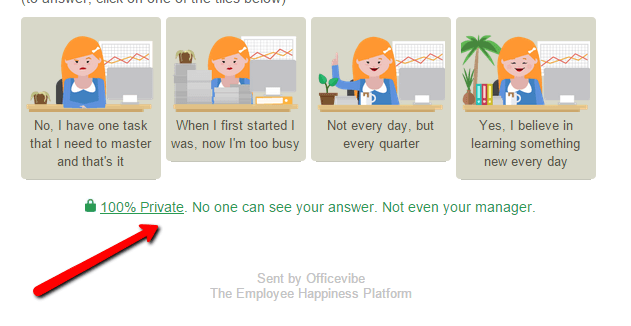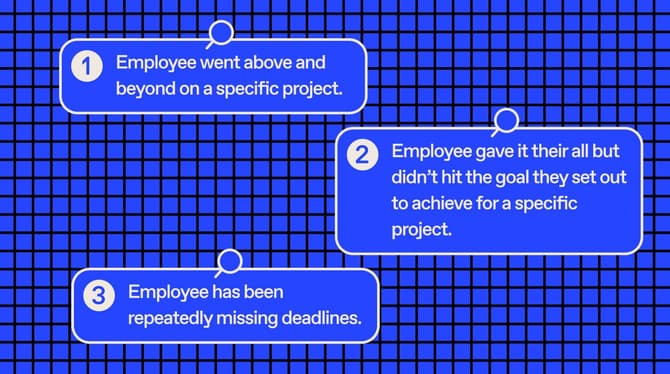One of the most frequent questions we get in our platform is around survey privacy, and how the data is collected and handled. I thoroughly understand employee’s concerns, many companies have done a terrible job establishing trust within their organization.
Often, the only reason a survey is done is in reaction to something negative, so the employees feel as if the questionnaire or poll is used against them.
I want to go through in as much detail as possible how Officevibe's employee survey solution handles privacy and anonymity, to make sure that there is no confusion.
It’s important to understand that we are acting as a middleman, protecting both parties, and no matter how much managers complain, we will never change our policy on privacy and anonymity.
It’s valuable for employees to understand that if their company has signed up for Officevibe, it’s because they’re genuinely trying to figure out what’s wrong with the organization.
All in the hopes of improving the culture at the office..
What our vision is with Officevibe, is to empower managers with enough data and tips so that they can make their employees better.
I often cite research on this blog about the science of recognition, feedback, happiness, wellness and relationships at work, and we’re trying to take all of that knowledge and bake it into the product.
For example, research from Deloitte found that feedback means more when it comes from your peers since they’re with you more on the day-to-day, so it means more coming from them.
My favorite example is Shopify; they value peer feedback so much that they built an internal tool to enable employees to thank each other and even crowdsource bonuses.
We developed an activity to encourage constructive feedback among coworkers with a fun fill-in-the-blank twist to it, to ensure that it’s done in a professional manner.
Let’s talk about how we handle privacy for that one first.
Feedback game
For the feedback game, only the person you’re giving feedback to will be able to see it, not any manager.
So when you give feedback to someone, they receive an email from you, but only they know that it came from you.
We’ve discussed the idea of managers one day being able to see the feedback, to help improve performance reviews, for example, but for now this is undecided.
We’re trying to create a culture of openness and constant improvement, so it could help to be able to see the feedback. If it’s done in a friendly, constructive way, there shouldn’t be anything to hide.
Pulse survey questions
This is the bread and butter of the Officevibe system.
Employee Pulse surveys are so much better than regular employee surveys because they’re shorter and sweeter.
Here, the issue of privacy is the biggest, and again, I completely understand why.
We’re very clear about this, everyone’s answer is 100% anonymous, the manager will never be able to see it.
In the emails that get sent out, we explicitly say that their answer is private

What we show to managers is an aggregated score based on everyone's results, because again, we want to help managers understand where the problems are, so they know what can be improved.
So as a simple example, if a team answers 20 questions about happiness, a manager could see that the happiness score is low. However, they will never be able to see the 20 answers that made that score so low.
Qualitative feedback
In Officevibe, we ask contextual qualitative questions as well.
The way it works is right after you answer certain questions, you’re prompted with a qualitative follow-up, making it very contextual.
You can optionally skip the question (although so far the response rate has been incredible), and by default, it is anonymous.
Employees can choose to uncheck the box if they’re okay with making themselves known.
What do you think about how we handle privacy?
We respect every user’s privacy, and we want to make sure that they’re only sharing what they’re comfortable sharing. This is why the data is aggregated and anonymized.
However, we want to create an environment where managers can see what’s wrong in an organization so that they can fix it.
Let us know your thoughts on Twitter @Officevibe.
Equip HR and managers with tools to engage, recognize, and drive performance.




